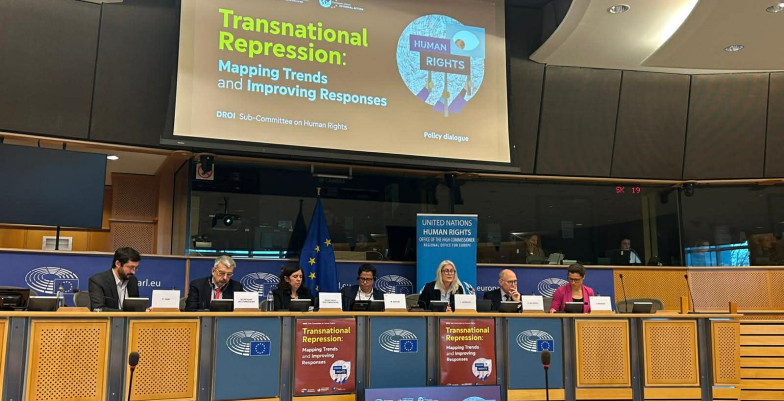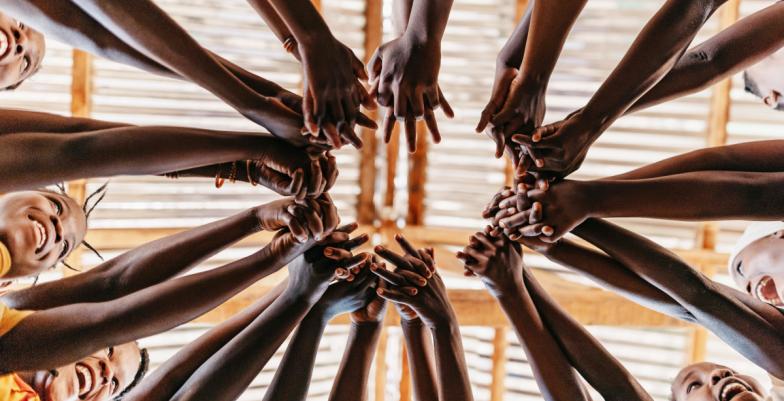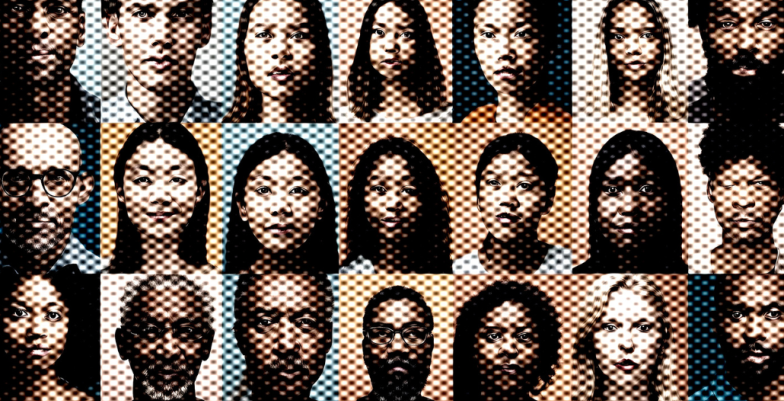Gender Equality
The EU is a front-runner in terms of policies that boost gender equality, the full enjoyment of all human rights by all women and girls and their empowerment worldwide.
EU policies on gender equality
In the EU Action Plan on Human Rights and Democracy 2020-2027, the EU has committed to scaling up action to achieve gender equality and ensure the full recognition and equal enjoyment of all human rights by all women and girls and their empowerment.
The EU Gender Equality Strategy for a Gender Equal Europe 2020-2025 and the Gender Action Plan III for a Gender Equal World 2021-2027 link the EU’s internal and external policies and actions, ensuring that progress towards gender equality is made in a coherent, consistent and effective way both within and outside the EU.
The GAP III calls for a gender-equal world, building on the achievements and lessons learned of GAP II. The EU has an important role to play in achieving a gender equal world by supporting partner countries in addressing gender discrimination. The EU will implement GAP III in all aspects of its external action through a gender-transformative and intersectional approach, both in terms of GAP III’s geographical coverage and areas of action, as well as gender mainstreaming in all areas of external action.
The EU guidelines on violence against women and girls and combating all forms of discrimination against them, approved by the General Affairs Council in 2008, have three interlinked aims:
1. Prevent violence against women and girls;
2. Protect and support victims;
3. Prosecute those who commit such violence.
They are also intended to encourage the implementation of a greater number of specific projects aimed at women and girls financed by appropriate financial instruments of the EU and the Member States.
The EU remains committed to the international acquis on gender equality, the full enjoyment of all human rights by all women and girls and their empowerment as set out in international conventions.
The EU promotes and supports the full implementation of the Beijing Declaration and Platform of Action, as well as the Programme of Action on the International Conference on Population and Development (ICDP) and the outcomes of their review conferences, and the importance of these commitments is critical in light of the pushback on gender equality. The EU engages with all regions in the world during the yearly UN Commission on the Status of Women (CSW) held in New York, where the EU participates in its own name while coordinating EU Member States.
The above-mentioned EU internal and external strategies also promote and support the full implementation of the Convention on the Elimination of All Forms of Discrimination against Women (CEDAW) as ratified by all Member States and are part of the EU’s contribution to the full implementation of the 2030 Agenda.
Furthermore, the EU continues to be active on gender equality in multilateral fora, such as the UN General Assembly Third Committee and the Human Rights Council, where it takes a leading role both in speaking and in coordinating engagement by EU Member States.
The EU runs bilateral human rights dialogues with 60+ countries worldwide and several regional organisations (e.g. ASEAN, OIC), taking place yearly or bi-yearly. All of these dialogues have gender equality on their agenda. Through these dialogues, the EU not only discusses gender equality in the respective third country (and the EU) but also coordinates, wherever possible, cooperation in multilateral fora.
In many cases, the rights of women and girls are also part of the agenda of bilateral visits, especially with countries where there are serious concerns in this area.








